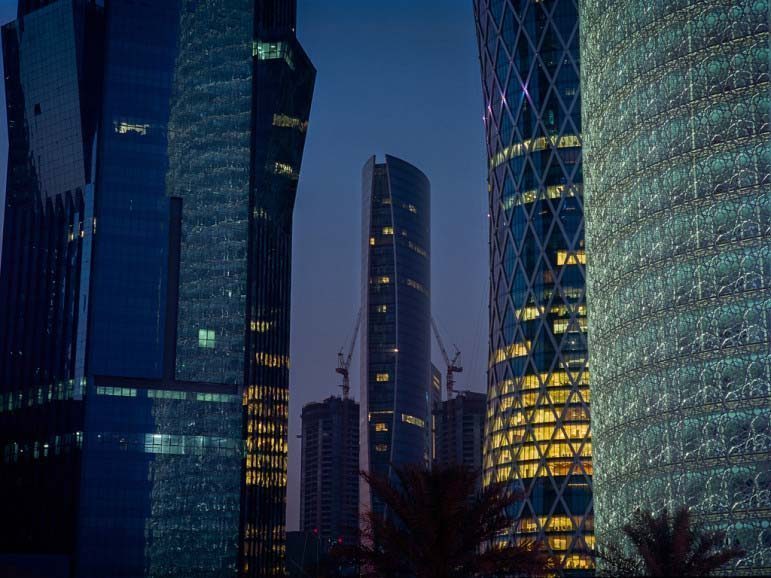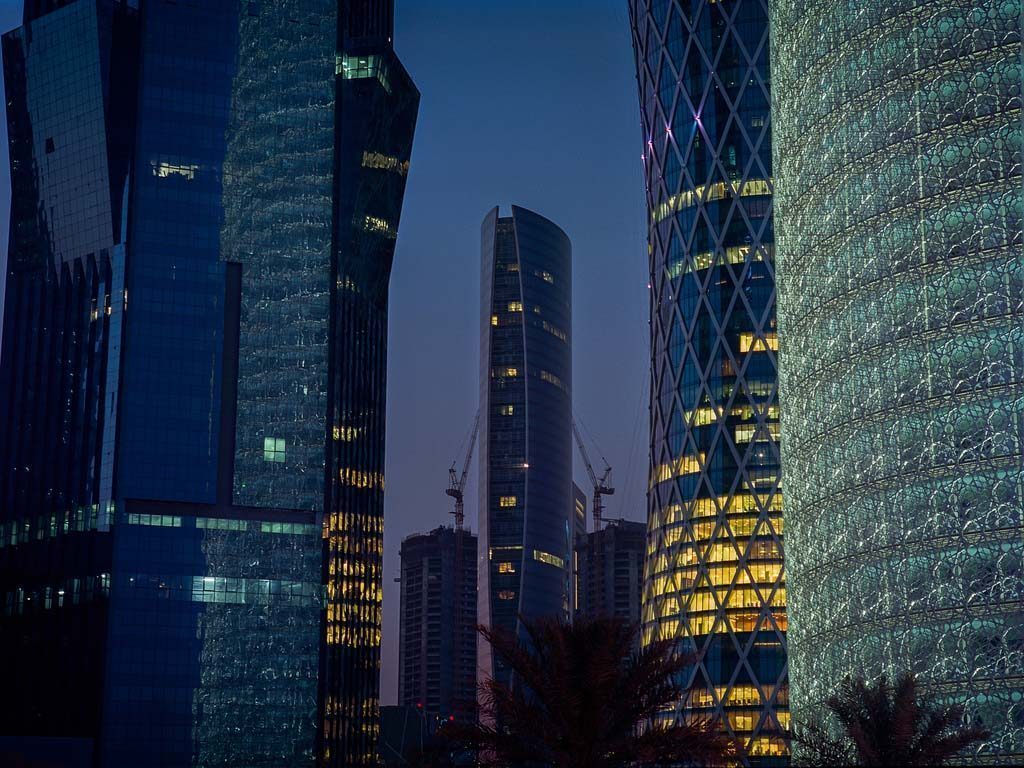
In the latest sign of spending restraint in Qatar, several major oil and gas firms have hit the brakes on leasing new apartment blocks and villa compounds in Doha, a local real estate firm has said.
But high demand from other industries, including the growing hospitality, healthcare and construction sectors, will keep rental prices up through the rest of the year, DTZ officials told reporters yesterday.
Plunging oil prices have prompted Qatar’s state-backed companies to scrap or postpone billions of dollars worth of mega-projects, namely Industries Qatar’s Al Sajeel petrochemical plant and, more recently, the al-Karaana petrochemical facility planned by Qatar Petroleum and Royal Dutch Shell.
In tandem, rumors of unofficial hiring freezes in the energy sector have circulated in recent months.
Meanwhile, there has also been a noticeable decline in requests from energy firms for new employee accommodations and office space, industry observers say.
“They are a big player … (and) there’s no new demand,” said Johnny Archer, an associate director in DTZ’s Qatar-based consulting and research department.
Rents to keep rising
Still, weaker demand from oil and gas firms will likely not spell any short-term relief for residential tenants, DTZ said.

Qatar’s surging population growth, combined with corporate expansions in other sectors such as transportation mean that housing costs will continue to climb in the coming months amid a shortage of affordable rental options in popular parts of Doha.
“We’re seeing new supply, but it’s barely keeping up with demand,” Archer said.
DTZ figures suggest that residential rents in Doha have increased between 5 and 10 percent over the last six months, a trend that Archer said would continue through the remainder of 2015.
Demand is particularly strong for mid-range apartments in central neighborhoods such as Al Sadd as well as four and five-bedroom villas across Doha, DTZ reported.
Outside of Doha
To cope with demand, Archer said many local developers are constructing new mid-range homes in areas outside of Doha such as Al Wakrah and Umm Salal where land is cheaper.
“We’re seeing more development on the periphery (of Doha),” he said. “It’s part of the evolution of any big city.”

As Qatar’s capital has become increasingly congested, government planners have been encouraging more residents to live outside Doha, enticing them by constructing more schools, retail space and healthcare facilities.
However, some residents are learning that the country’s rapid pace of development means that this isn’t always a long-term solution.
For example, many residents of Barwa City were attracted by the low rents that were initially offered when the area, located between Mesaimeer and the Industrial Area, was relatively undeveloped.
But as new services and amenities began to appear in the vicinity, some tenants started to receive notices of large rent increases that their landlord said reflected the area’s growing popularity.
Elsewhere, DTZ said it expects up to four residential towers – containing some 700 units – in the Pearl-Qatar could be completed and be available for occupancy by mid-year, provided the buildings receive Civil Defense approval.
Office, retail and hospitality
Slower spending by oil and gas firms is also having an impact on other segments of the real estate market.
Office leasing has been sluggish so far in 2015, DTZ said, noting that government bodies and energy firms have occupied some 65 percent of the office space that has come onto the market in Dafna/West Bay in recent years.
On the retail front, the firm said there are currently a dozen new shopping centers in either the planning or construction phases. These include mega-malls such as Doha Festival City and Mall of Qatar.
Once all are completed,the amount of shopping center space in Qatar is expected to triple, and bring about “dramatic changes” to the country’s shopping scene, Archer said.

He added that the sector could evolve into a two-tier market with several premium malls commanding higher rents than older shopping centers that lack the same quality tenants, parking and connections to the Doha Metro.
In the hospitality sector, DTZ said the strong occupancy figures posted by local hotels have been driven by a surge of tourists combined with, until very recently, a lack of new hotels opening their doors.
However, thousands of new rooms are expected to be completed in the coming years as Qatar increases its supply of hotel rooms to meet its obligations as host of the 2022 World Cup.
DTZ said hotels will face challenges keeping those rooms filled outside the tournament.
“Everyone has concerns about how sustainable that will be,” Archer said.
Thoughts?







